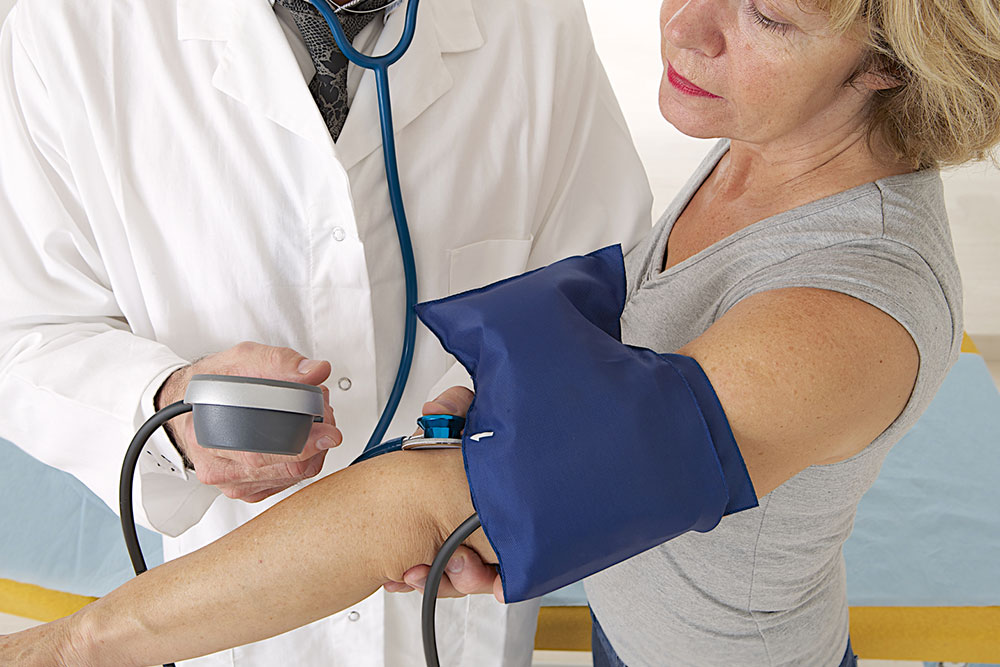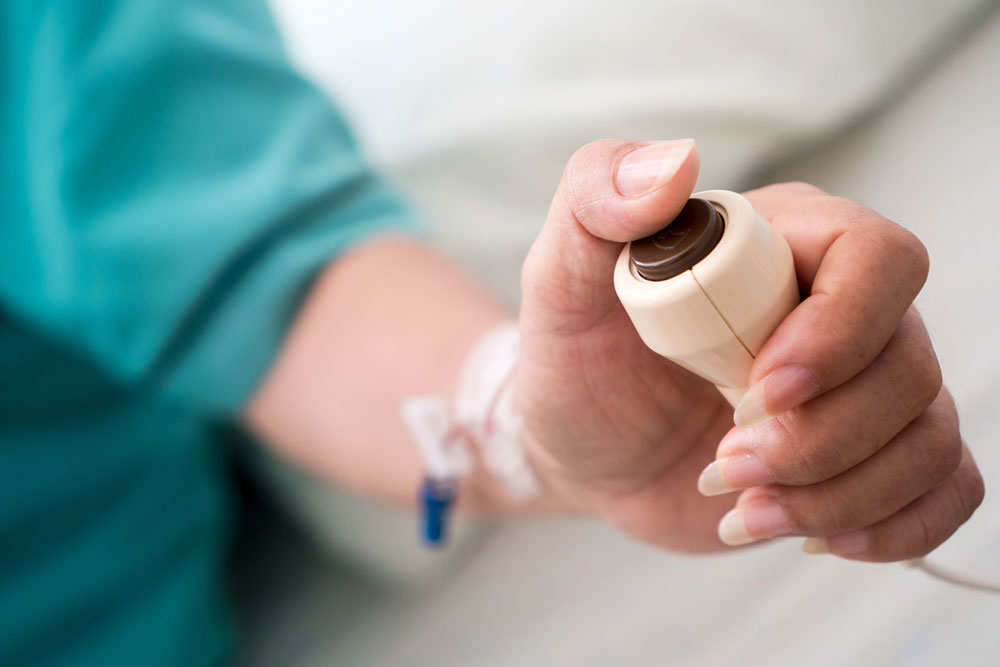

Crohn’s disease is an inflammatory bowel disease (IBD) that causes the digestive tract to become irritated and swollen. Patients experience several symptoms, such as abdominal pain, diarrhea, and rectal bleeding. While these symptoms may not always point toward Crohn’s disease, it is important not to ignore them but to consult a doctor for a timely diagnosis. Although the condition has no cure, one can manage its symptoms with treatment and care. Abdominal pain Pain and cramps in the abdomen are some of the most common tell-tale signs of Crohn’s disease. They occur as soon as the condition develops and persist through its advanced stages. The pain often appears as a dull ache in the lower right side of the abdomen, with cramps in the same region. Diarrhea Another common early warning sign of Crohn’s disease is diarrhea. Diarrhea must be addressed if it is chronic or occurs frequently because it can worsen the inflammation and irritation in the bowel. The increased inflammation and irritation may lead to a constant urge to move the bowels, causing the stool to be runny and loose. Bloating Crohn’s disease also causes bloating. Due to this, one may feel full even without eating a complete meal.













